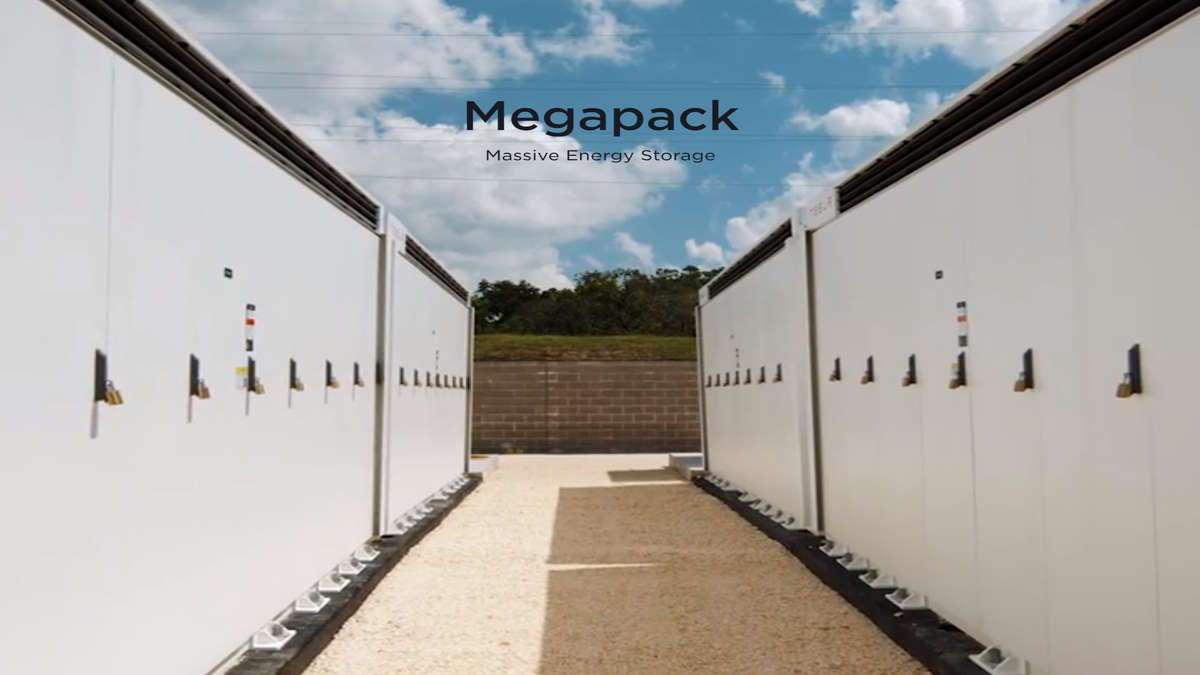"SAN JOSE, Calif.--(
BUSINESS WIRE)--Lyten, a supermaterials application company and the leader in lithium-sulfur battery technology, today announced it is consistently surpassing 90 percent yield from its automated battery production line, confirming the manufacturability of its lithium-sulfur battery utilizing a sulfur cathode and lithium metal anode.
....
The lithium-sulfur manufacturing performance has been achieved utilizing standard lithium-ion manufacturing equipment and processes. The conversion of lithium-ion equipment to produce lithium-sulfur batteries in Lyten’s pilot facility required 6 weeks and less than 2% of the total capital cost. This confirms Lyten’s ability to rapidly scale by converting existing Li-ion gigafactories to lithium-sulfur with minimal cost and time.
“Lyten now has demonstrated that lithium-sulfur can be built in standard cylindrical and pouch formats, can be scaled to automated manufacturing, and can be done on the same equipment and processes already being used around the globe to manufacture legacy lithium-ion,” said Dan Cook, Lyten CEO and Co-Founder. "The result is a significant reduction in the manufacturing scale up risk for a locally sourced, locally manufactured battery that can leapfrog the performance and cost of existing lithium ion and future solid-state batteries.”
....
Lyten’s lithium-sulfur battery contains no nickel, cobalt, manganese, or graphite in the cathode and anode, enabling an entirely locally sourced and manufactured battery. Lyten expects to achieve 98%+ yields at scale and will begin delivering commercial lithium-sulfur cells for non-EV customers in aerospace and government applications in 2024 from its San Jose pilot production facility. Lyten is executing engineering and design, procuring equipment, and evaluating locations to rapidly scale up lithium-sulfur manufacturing to meet growing interest from EV, trucking, space, aerospace, and government customers."



